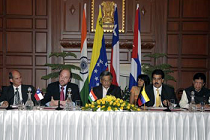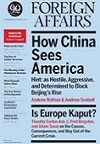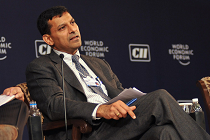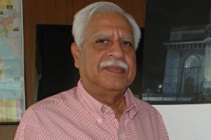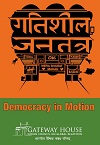On the fast-track: Technology transfer in China
Over the past four years, China has switched from being an importer of high-speed trains to the world’s largest manufacturer. Much of this can be attributed to the transfer of foreign technology to Chinese state-owned enterprises. How have Chinese government policies and economic heft aided this effort?

